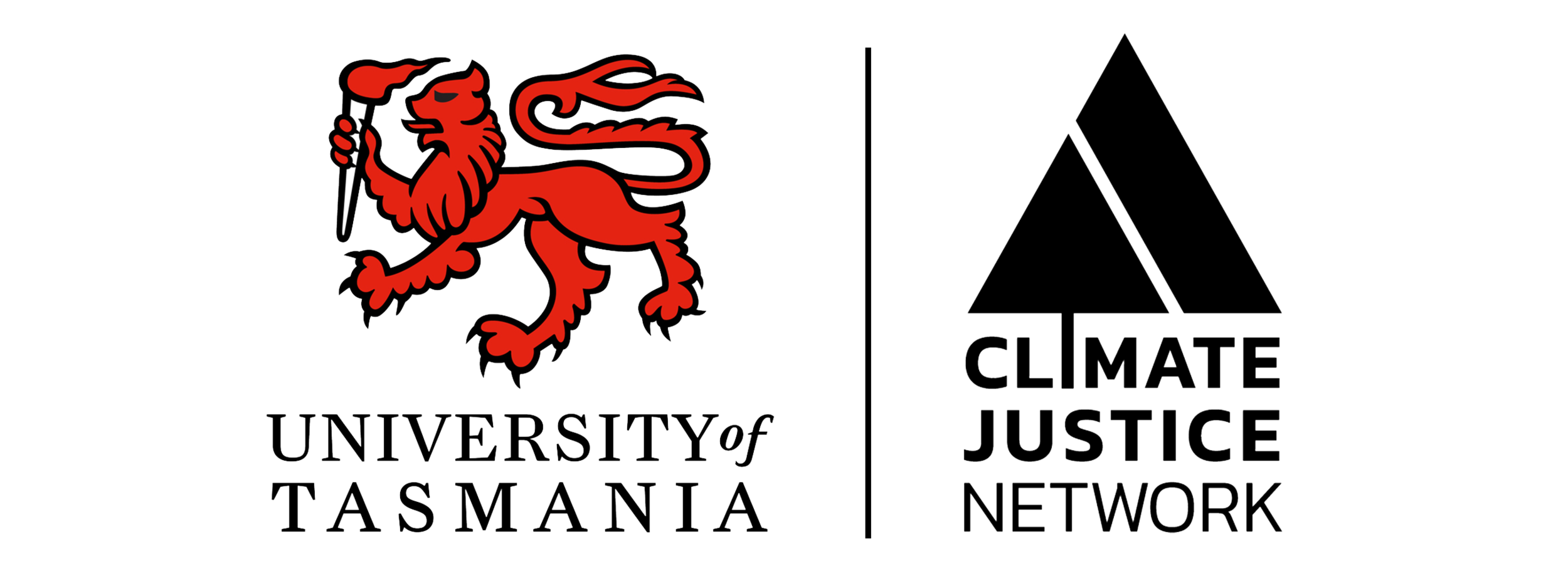Climate Ethics Amidst Climate Injustice
Steve Vanderheiden, University of Colorado at Boulder
With the Paris Agreement in force without the United States - and with the Trump administration's hostility toward climate science and embrace of fossil fuels - the prospects for equitable international cooperation on climate change in the near future look grim. In this talk, US-based political scientist Associate Professor Steve Vanderheiden will consider the urgency of viewing climate justice as entailing responsibilities beyond the nation state, asking: What ethical responsibilities do citizens have now to promote climate justice, in light of what their national governments are and are not doing?
This public talk was held along side:
Imagining a Different Future
Climate Justice Conference
A multidisciplinary conference examining the barriers to responding to climate change, implementing climate justice, and proposing ways forward was held in Hobart 8-9 February 2018. Despite the Paris Agreement, there are real concerns the prevailing neoliberal economic and political model, particularly with the move to more insular, nationalistic, fragile politics, cannot respond effectively to climate change and excludes key considerations such as ethics and justice.
Keynote Presenters were: Robyn Eckersley, Steve Vanderheiden, Catriona McKinnon, Marcus Düwell, Jeremy Moss, Sivan Kartha, Lavanya Rajamani, Guy Goodwin-Gill, Jack Pezzey, Nathan Bindoff, Ben Richardson and Jan McDonald. (Full list of the presenters in the final programme.)
The University of Tasmania hosted the Conference with support of its Faculty of Law, the University of Utrecht Ethics Institute, the University of Tasmania's Institute for the Study of Social Change, Asia Institute, Faculty of Medicine, the Antarctic Climate and Ecosystems Cooperative Research Centre (ACE CRC) and the Institute for Marine and Antarctic Science (IMAS).
Videos and Podcasts from the conference are available on the Knowledge Hub.
